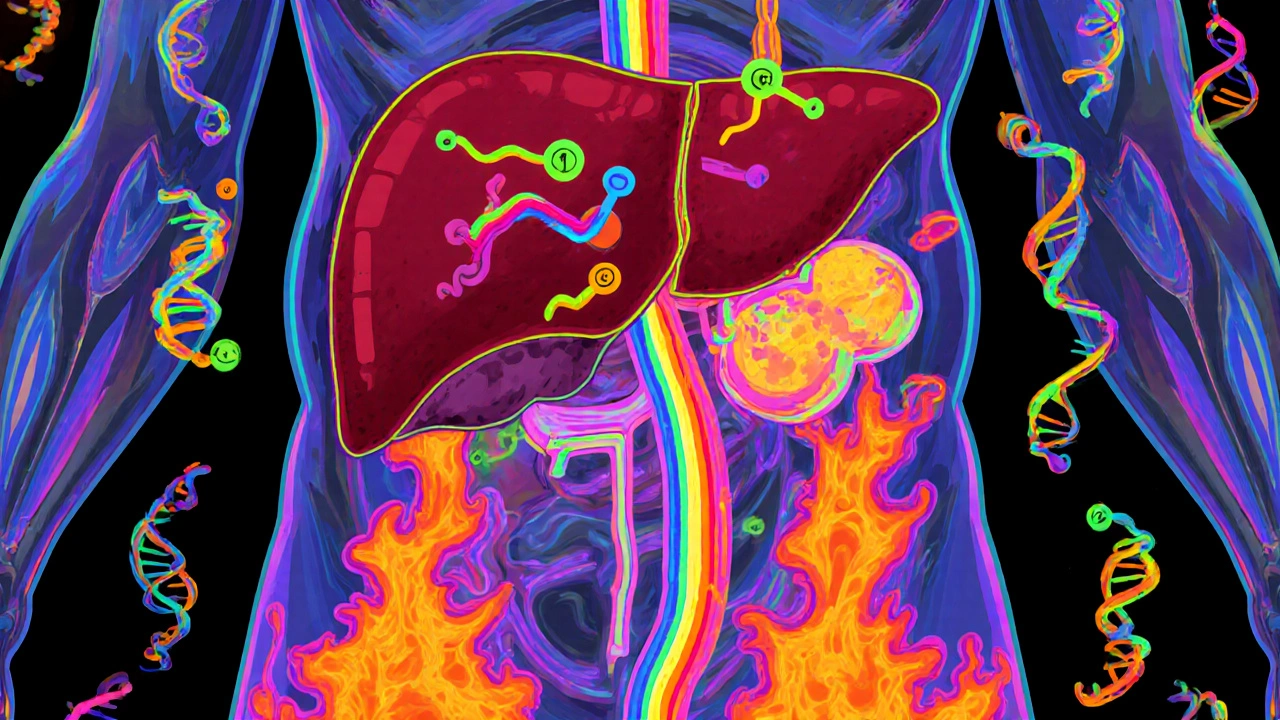Statin Tolerance: What It Means and How to Manage Side Effects
When you take a statin, a class of drugs used to lower LDL cholesterol and reduce heart disease risk. Also known as HMG-CoA reductase inhibitors, they’re among the most prescribed medications worldwide—but not everyone tolerates them well. Statin tolerance isn’t just about whether the drug works. It’s about whether your body can handle it without painful or disruptive side effects. For many, it’s smooth sailing. For others, muscle pain, weakness, or fatigue turns daily life into a challenge.
The biggest issue? muscle pain, a common side effect that can range from mild soreness to debilitating weakness. It’s not just random discomfort—it’s your body signaling something’s off. Studies show up to 10% of people on statins report muscle symptoms, and some stop taking them because of it. But here’s the thing: not all muscle pain is caused by statins. Other factors like low vitamin D, thyroid issues, or even overtraining can mimic the same symptoms. That’s why simply quitting the drug isn’t always the answer. Sometimes, switching to a different statin—like rosuvastatin or pravastatin—makes a big difference. Others find relief by lowering the dose or taking it every other day.
Then there’s the statin alternatives, options for people who can’t tolerate statins at all. Ezetimibe, PCSK9 inhibitors, and bile acid sequestrants aren’t as powerful as statins, but they can still help lower cholesterol without the muscle issues. And for those who want to go beyond pills, lifestyle changes—like eating more fiber, moving daily, and cutting added sugar—can have a real impact. You don’t have to choose between feeling terrible and staying healthy. There’s a middle ground.
What you’ll find below are real, practical guides on how to spot when statins are causing trouble, how to keep moving even when your muscles ache, and what other options exist if you need to step away from statins. These aren’t theory pieces—they’re tools written for people who’ve been there: tired of guessing, tired of side effects, and ready for clear answers.
Genetic Factors in Statin Tolerance: How Pharmacogenomics Testing Can Help
Genetic testing for SLCO1B1 variants can identify people at high risk of statin-induced muscle pain, helping doctors choose safer alternatives like pravastatin instead of simvastatin. This precision approach improves adherence and heart health.






